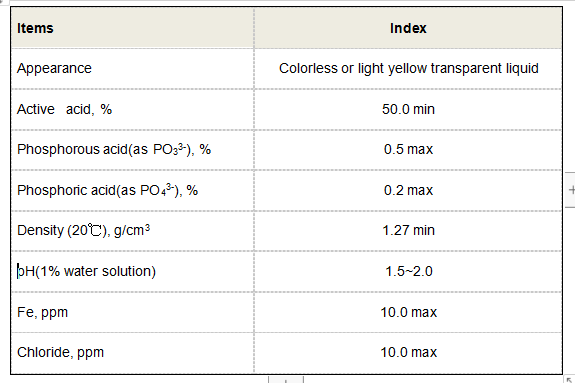Understanding the Role of Flocculants in Water Treatment and Wastewater Management Processes
Flocculation Chemicals An Essential Component in Water Treatment Processes
Flocculation is a chemical process that plays a vital role in the treatment of water and wastewater. It involves the agglomeration of particles into a floc, which can then be easily removed from the liquid. This process is essential for various industries, including municipal water treatment, mining, and food production. At the heart of this effective separation process are flocculation chemicals, which facilitate the agglomeration of suspended particles in water.
What Are Flocculation Chemicals?
Flocculation chemicals, or flocculants, are substances added to a liquid to promote the clumping together of particles. These chemicals can be natural or synthetic. Natural flocculants include substances like starches, gums, and alginates, while synthetic flocculants include polyacrylamides and other polymer-based compounds. The choice of flocculant depends on the specific characteristics of the wastewater, including its turbidity, particle size, and pH level.
How Do Flocculation Chemicals Work?
The mechanism through which flocculation works involves charge neutralization and bridging. Many suspended particles in water carry a negative charge, preventing them from clumping together. Flocculants are typically positively charged, and when added to the water, they neutralize the negative charges on the particles. This neutralization allows the particles to come together and form larger aggregates, known as flocs. Additionally, flocculants can act as bridging agents, where long-chain molecules connect multiple particles to form larger flocs, which can settle out of the water column more effectively.
Applications of Flocculation Chemicals
1. Municipal Water Treatment In drinking water treatment, flocculants are crucial for removing suspended solids, pathogens, and other contaminants. The flocculation process improves the efficiency of sedimentation, thereby allowing for cleaner, safer drinking water.
2. Wastewater Treatment Flocculation chemicals are extensively used in wastewater treatment plants to facilitate the removal of organic matter and other pollutants. By enhancing the separation of solids, flocculants contribute to a reduction in the environmental impact of discharged wastewater.
flocculation chemicals

3. Mining In the mining industry, flocculants help in separating valuable minerals from waste materials during the extraction process. This not only increases the yield of valuable minerals but also minimizes the environmental footprint of mining activities.
4. Food Industry Flocculation is also utilized in the food industry, particularly in the clarification of juices, wines, and other beverages. Flocculants help to remove cloudiness, resulting in a clearer, more visually appealing product.
Advantages of Using Flocculation Chemicals
The use of flocculation chemicals offers several advantages. Firstly, it can significantly enhance the efficiency of solid-liquid separation processes, reducing the need for extensive filtration systems. Secondly, flocculants can lead to lower operational costs by minimizing the volume of sludge generated during treatment processes. Finally, the rapid settling of flocs simplifies the overall treatment process, allowing for faster processing times.
Environmental Considerations
While flocculants play a crucial role in water treatment, it is essential to consider their environmental impact. Non-biodegradable synthetic flocculants can contribute to pollution if not managed properly. Therefore, there is a growing interest in developing biodegradable and non-toxic alternatives that can achieve the same benefits without posing risks to aquatic ecosystems.
Conclusion
Flocculation chemicals are indispensable tools in the quest for cleaner water and efficient waste management. Their ability to facilitate the agglomeration of particles enhances water treatment processes across various industries. As innovations continue in the field of flocculation, particularly concerning sustainability, we can anticipate further advancements that will make water treatment safer, more efficient, and environmentally friendly.
-
Understanding Polycarboxylic Acids: Properties, Applications, and Future PotentialNewsJul.28,2025
-
Scale Inhibitor Explained: How to Protect Your System from Limescale and Hard Water DamageNewsJul.28,2025
-
Scale and Corrosion Inhibitors: Essential Chemicals for Industrial Water System ProtectionNewsJul.28,2025
-
Polyaspartic Acid: A Biodegradable Polymer for Sustainable ChemistryNewsJul.28,2025
-
Isothiazolinones: A Versatile Antimicrobial Class with Industrial Power and Regulatory ChallengesNewsJul.28,2025
-
A Deep Dive into 2-Phosphonobutane-1,2,4-Tricarboxylic Acid (PBTC)NewsJul.28,2025





